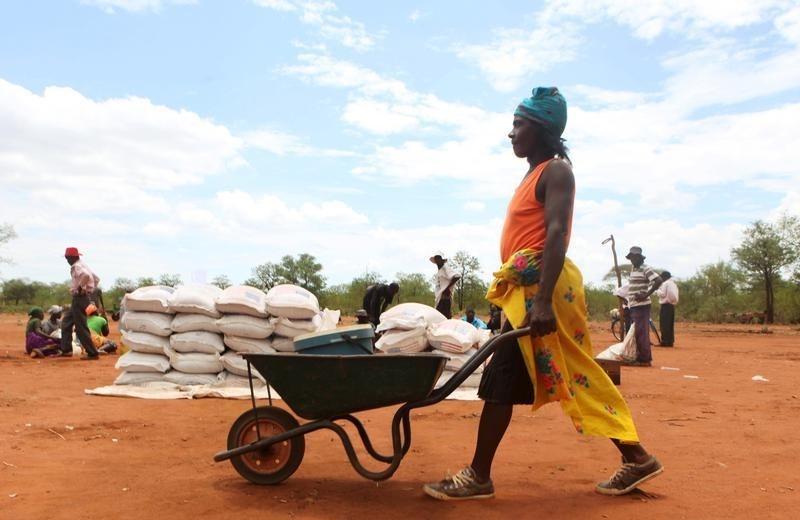
Global emergency aid delivery could end next month, UN warns

A global emergency delivery service that has kept tons of flowing despite coronavirus travel restrictions could shut down next month if funding can’t be found to keep it running, the World Food Program warned Friday.
The shortfall comes “just as demand for this service is reaching its peak,” WFP said. Of the $965 million to keep the service going through the end of the year, $178 million has been confirmed.
While nations that are traditionally the world’s top humanitarian donors were distracted by the growing pandemic earlier this year, the WFP, the United Nations’ logistics leader, heaved the emergency operation into place with unprecedented reach.
The emergency delivery effort involves almost 120 countries, Amer Daoudi, WFP senior director of operations, told The Associated Press in April.
Travel bans imposed by national governments closed borders and airports around the world, badly wrenching supply chains and stranding humanitarian workers and supplies.
The emergency delivery service has been key in shipping tons of aid for the pandemic and other crises like HIV and cholera that need drugs and vaccines to keep flowing. The U.N. and various health entities have openly worried about dangerous delays in many countries’ vaccination campaigns, saying the lives of up to 80 million children under the age of 1 could be at risk.
So far, the World Food Program emergency service has completed 375 cargo and passenger flights, delivering more than 2,500 aid workers with “enough cargo to fill 120 jumbo jets waiting to be transported in coming weeks,” the WFP said.
“I’ve never been involved in anything like this before. I don’t think any of us have,” Stephen Cahill, WFP’s director of logistics, told the AP in April. “We’re seeing countries taking measures we think aren’t always rational. When you start closing borders, we start to get very nervous.”
He spoke on April 16, when the world had more than 2.1 million coronavirus cases.
On Friday, the number of cases was over 8.5 million, according to a Johns Hopkins University tally.






